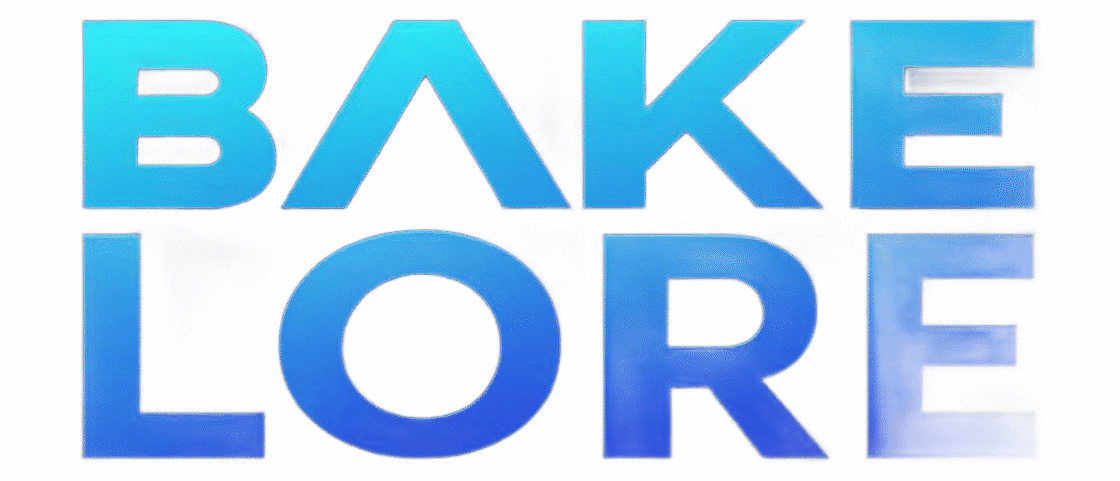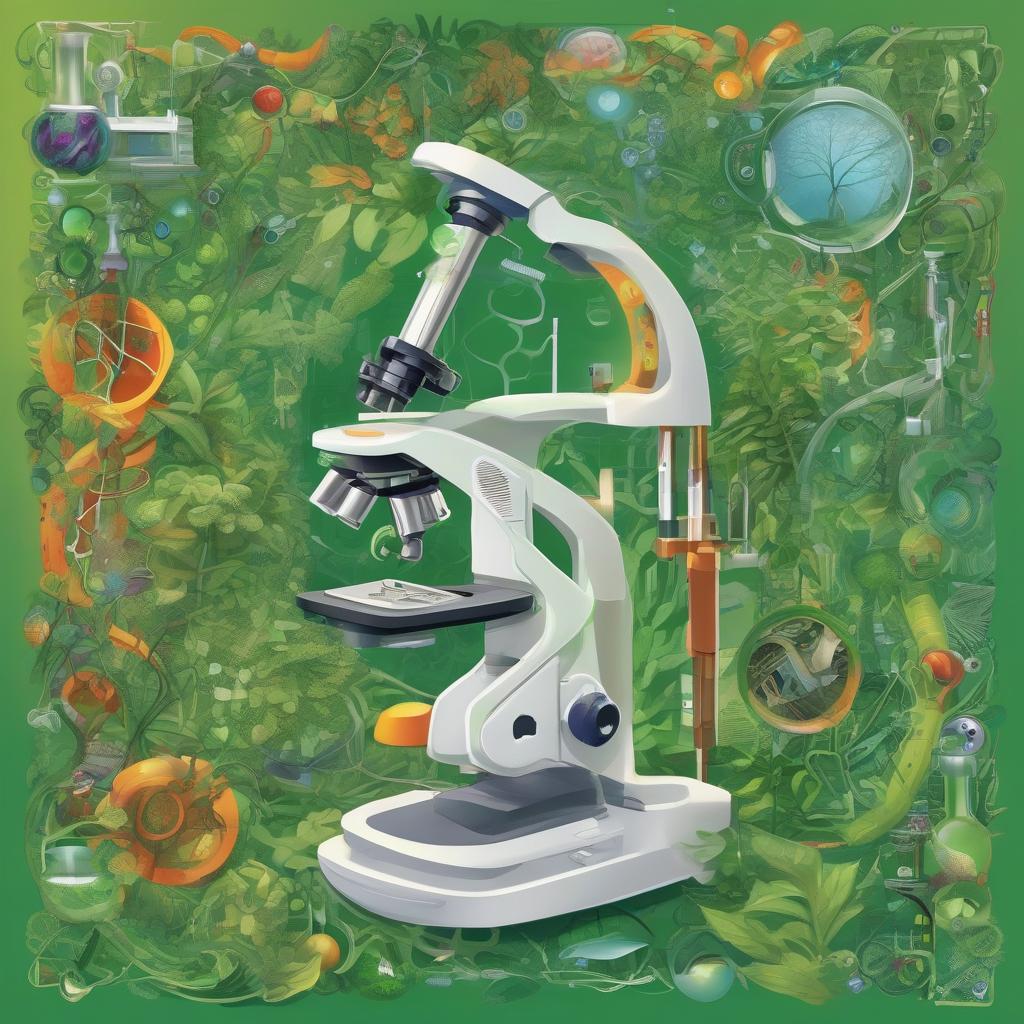The world of biotech, ever evolving and endlessly fascinating, is like this crazy intersection of science and daily life. You see, biotech isn’t just about lab coats and test tubes. It’s this vast field that touches everything from our health to the food we eat. For anyone who’s kept an eye on the news, you know that biotechnology is becoming more significant every day. The innovations? Mind-blowing. And sometimes, a tad overwhelming. So, let’s dive into this world together, exploring the intricacies without the jargon overload.
Understanding Biotech: What’s It All About?
Biotech, short for biotechnology, is essentially about using living systems and organisms to develop or make useful products. Yeah, it’s that broad. We’re talking about everything from genetically modified crops to advanced pharmaceuticals. Ever heard of CRISPR? That’s a tool from the biotech toolbox that can edit genes with precision. Or how about biofuels? That’s where biotech steps in to create alternatives to fossil fuels. The reach of biotechnology is expansive, impacting agriculture, healthcare, and even environmental conservation.
The Role of Biotech in Medicine
In the medical realm, biotech plays a massive role. Think about personalized medicine. Once a dream, now a reality. Biotechnology allows for treatments tailored to an individual’s genetic makeup. It’s like having a custom-made suit but for your genes. This precision can lead to better outcomes and fewer side effects. And then there are biopharmaceuticals—medications produced by living organisms, which include vaccines and monoclonal antibodies. These have become game-changers in treating conditions like cancer and autoimmune diseases.
Biotechnology in Agriculture
Now, onto agriculture. With a growing global population, the demand for food is skyrocketing. Traditional farming methods? Not enough. Enter biotech. Genetically modified organisms (GMOs) have been created to boost crop yields and enhance nutritional content. Drought-resistant crops? Yep, that’s biotech at work. While there’s always a debate over GMOs, they have undeniably helped increase food production and, in some cases, reduced the use of pesticides.
The Economic Impact of Biotech
Biotech is not just a scientific interest; it’s an economic powerhouse. Its impact on the global economy is profound, driving innovation and creating jobs. According to Forbes, the biotech industry has seen exponential growth, contributing significantly to global GDP. The sector’s ability to attract investment is remarkable, with billions flowing into biotech startups and research initiatives.
Employment and Innovation
With such economic influence, the biotech sector has become a hub for employment, offering a variety of roles from research and development to marketing and sales. And the innovation? It’s not just confined to big corporations. Startups are popping up everywhere, each with fresh ideas and approaches to solving global challenges. This dynamic environment fosters creativity and pushes the boundaries of what’s possible.
Challenges and Ethical Considerations
But hey, it’s not all rosy. Biotech faces its set of challenges. Ethical dilemmas abound. Genetic editing, for instance, opens a can of worms regarding moral implications. The ability to alter human DNA—where do we draw the line? And let’s not forget about data privacy issues. With advancements in technology, especially around health data, cybersecurity becomes crucial. For those interested in diving deeper into this topic, check out this link for more insights into the intersection of biotech and cybersecurity.
Regulatory Hurdles
On top of ethical issues, there are regulatory hurdles. Governments worldwide are grappling with how to regulate these advancements effectively. It’s a balancing act of fostering innovation while ensuring public safety. The pace of biotech innovation often outstrips the ability of existing regulations to keep up, leading to debates about oversight and control.
Future Directions: Where Is Biotech Heading?
So, where is all this headed? Well, the future looks promising. Advancements in synthetic biology, for instance, could lead to breakthroughs in everything from renewable energy to new materials. Imagine a world where we can engineer microbes to produce sustainable fuels or even biodegradable plastics. The possibilities are endless.
Environmental Applications
Biotech also holds potential for environmental conservation. Bioremediation, the use of microbes to clean up contaminated environments, is one such application. It’s like giving nature a little nudge to heal itself. And with the pressing issue of climate change, biotech could play a pivotal role in developing solutions to reduce carbon footprints and restore ecosystems.
Collaborative Efforts
Progress in biotech is not just about isolated efforts. It’s about collaboration across borders and disciplines. Researchers, policymakers, and industry leaders coming together, sharing knowledge, and pushing the envelope. This collaborative spirit is key to addressing the global challenges we face today.
Some FAQs About Biotech
-
Is biotech only about GMOs and medicines?
Nope! While those are big parts, biotech includes biofuels, biomaterials, and even bioinformatics—using data to understand biological questions.
-
How can I get into the biotech field?
A background in biology or chemistry helps. But there are also paths through business, law, or data science. It’s diverse!
-
Are there risks in using biotech products?
As with any tech, there are risks. Regulatory bodies work to minimize these, ensuring safety before products hit the market.
-
What’s the deal with biotech and climate change?
Biotech offers tools like carbon capture tech and sustainable biomass production, crucial in the fight against climate change.
-
Can biotech really personalize medicine?
Yes, indeed! With genetic information, treatments can be tailored to individuals, improving outcomes and reducing side effects.
Biotech. It’s this blend of hope and cautious optimism, driving progress yet demanding careful consideration. With ongoing innovations, who knows what’s next? It’s a journey—one that continues to unfold, reshaping our world bit by bit.



